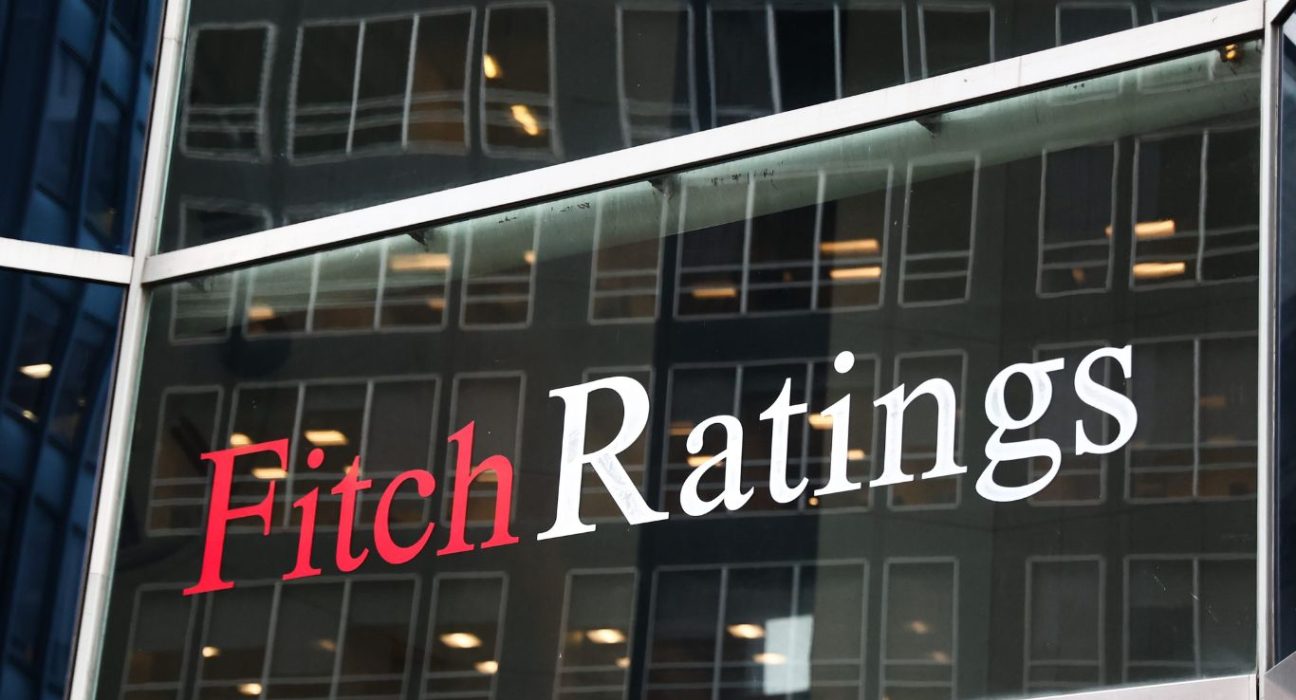Introduction
In an unexpected turn of events, credit rating agency Fitch has downgraded the credit rating of the United States government from AAA to AA+. This decision has sent shockwaves through financial markets and drawn a strong response from the White House. Despite the resolution of the debt ceiling crisis just two months ago, Fitch’s move underscores deep-rooted fiscal concerns that have prompted traders to swiftly shift their investments towards safer assets, including government bonds and the dollar.
Fitch’s Downgrade and Rationale
Fitch’s decision to downgrade the U.S. credit rating to AA+ is based on a series of concerning factors. The agency highlights a projected fiscal deterioration over the next three years, which has raised doubts about the government’s ability to manage its financial obligations effectively. Of particular concern are the repeated eleventh-hour negotiations surrounding the debt ceiling. These high-stakes discussions have repeatedly threatened the government’s capacity to meet its financial commitments on time, casting a shadow over its financial stability and creditworthiness.
Market Turmoil and Investor Reaction
The downgrade has triggered an immediate and significant response in the financial markets. Traders, caught off guard by the unexpected decision, quickly initiated a safe-haven strategy by shifting their investments away from stocks and towards more secure assets. Government bonds, long considered a reliable haven during times of uncertainty, saw increased demand as investors sought refuge from the volatility caused by the downgrade. Similarly, the U.S. dollar experienced a surge in value as global investors flocked to the currency, drawn by its historical stability in the face of economic disruptions.
White House’s Strong Response
The White House has not minced words in expressing its displeasure with Fitch’s downgrade. Administration officials have labeled the decision as “unwarranted” and criticized the agency’s assessment of the country’s fiscal trajectory. The White House argues that the recent resolution of the debt ceiling crisis should have been a positive signal for the country’s financial stability. This unexpected downgrade, in their view, fails to acknowledge the government’s ability to overcome significant fiscal challenges and find bipartisan solutions when needed.
Implications for the Economy
Fitch’s downgrade carries implications that extend beyond the immediate market response. A lower credit rating could potentially lead to increased borrowing costs for the U.S. government. As investors demand higher yields to compensate for perceived risks, the government may find itself paying more interest on its debt, diverting funds from other crucial areas of the budget. Additionally, the downgrade could dent consumer and business confidence, influencing spending patterns and potentially impacting economic growth.
Political and Fiscal Landscape
The downgrade raises questions about the effectiveness of the U.S. political system in managing its finances. The repeated instances of last-minute negotiations over the debt ceiling have not only created uncertainty but have also put into question the government’s ability to ensure fiscal stability in a timely and efficient manner. The ongoing political polarization has made bipartisan cooperation challenging, amplifying concerns about the country’s long-term fiscal health.
Conclusion
Fitch’s decision to downgrade the U.S. credit rating to AA+ has sent ripples through financial markets, sparking a rush towards safe-haven assets and drawing strong reactions from both investors and the White House. The agency’s concerns about the projected fiscal deterioration over the next few years and the recurring debt ceiling negotiations that jeopardize the government’s ability to meet its financial obligations have highlighted deep-rooted issues that extend beyond recent political resolutions. As the U.S. navigates these challenges, the impact of this downgrade on borrowing costs, economic growth, and political cooperation remains to be seen.










